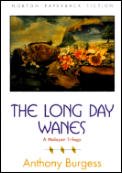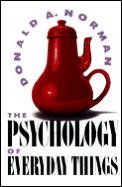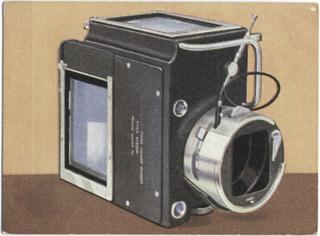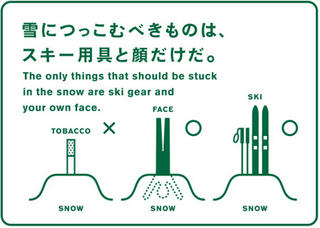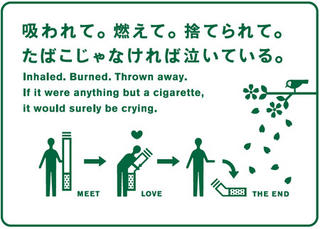First of all, I would like to thank everyone who came here to read, leave comments or just checking to see whether I've deleted this blog or not. I've been busy lately with some personal and family matters so naturally this blog is left not updated until I'm able to muster up enough sanity to be able to write something. Anyway, thanks again everyone.
Al-Fatihah, Datin Seri Endon Mahmood
This may not be breaking news, but it's a sad one. The wife of our Prime Minister, Datin Seri Endon Mahmood, passed away yesterday morning.
Our Pak Lah is a national leader going through a personal loss, and as fellow Muslims, we should give him our best support as brothers and sisters of the same faith. As for Datin Seri, she is in a place beyond our senses, but indeed a place where we shall be in the future, indefinitely. May Allah grant both of them, their family and all of us strength and divine help to get through the testing times.
Innalillahi wa inna ilayhi raji’un.
Ramadhan: the last few laps
In terms of making the best of the holiest month in Islam, I sincerely hope all of you are doing better than me. Clearly this is (one of) the most testing Ramadhan I have ever faced and I'm not too proud with the way I handled things lately. May Allah have mercy upon me.
The best thing to do now is to make the best out of the situation. Amend the bad and aim for the better. I'm not an
ustaz or a person of strong faith. I get derailed easily for the smallest reasons. Take a lesson from me, people, and do your best this Ramadhan. May Allah give us all strength and will to please Him the rest of this holy month, and the rest of our lives.
Print your own calender
In an unrelated topic, I would like to point your attention to a very nifty, methinks, service by
eprintable.com. The site offers free printable custom calendars for everyone to specify, download and print easily.
The calendar can be displayed by week, month or year. There are options for us to specify the start date, add images for a touch of décor and quotes to inspire us throughout the days.
My friend
Ishe used to make calendars like these manually using Microsoft Word, and now he can do the same with this service using just a few clicks.
This service requires a browser with Adobe Acrobat plug-in installed.
OpenOffice.org 2.0

Now this one is breaking news. Yesterday, fresh out the OpenOffice.org oven, comes version 2.0 of the multiplatform, multilingual and open source office productivity suite,
OpenOffice.org.
OpenOffice.org is just like the Microsoft Office suite, except it's free. Well, not exactly. The 'free' part is true, the 'just like' part is not. I won't jazz over all the details and put you to sleep in the process, this
article covers most of what's important for everyone to know.
All I can add to the subject is this: OpenOffice is just as good as Office, if not better. Sure, it may need some getting used to, but it's free, stable and open source.
Let's face it, most of us use the pirated version of Office in order to get our job done on our PCs. Even the so-called
Student and Teacher version (possibly the most 'affordable' Office version Miscrosoft is offering) costs more than five hundred ringgits. Most people just ignore that version and buy the pirated version that comes everything Office has to offer with no restrictions for under RM 10.
Why feed the pirates? Get OpenOffice instead and give it a test drive.
Bubur lambuk

Yesterday, we had some homemade
bubur lambuk for
iftar. It seems there are many versions of this dish that it's hard to say which version is the authentic one. Ours as featured above is slightly peppery and without seafood (because someone in the house can't take any). Don't ask me for the recipe. I just eat it.
